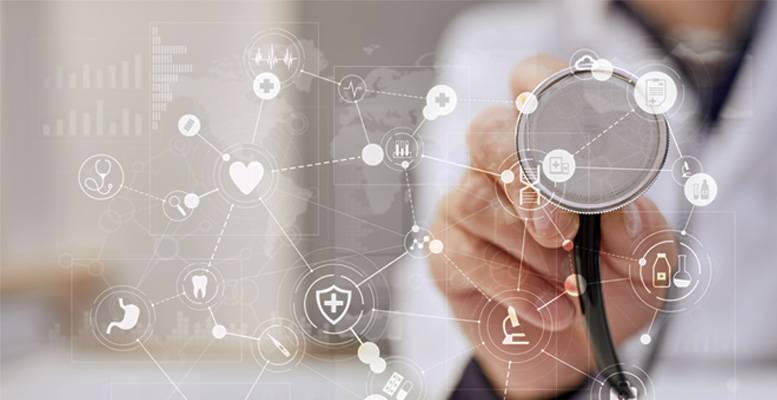
Big data and analytics are playing a strong role in revolutionizing healthcare services. Check out how analytics is impacting the healthcare industry.
In today’s digital world, data drives industries. Enterprises are rapidly becoming data-intensive with information coming from various sources and in various forms. Analytics helps in leveraging this big data to strategize and improve performance.
There’s been a huge shift in the way industries operate with the use of analytics in decision making. Healthcare is one such area where analytics plays a major role in driving operations and delivering services.
Healthcare analytics focuses on understanding clinical and pharmaceutical data in a logical and profitable manner to allow healthcare entrepreneurs make sustainable decisions. Here are five ways in which healthcare analytics is improving the way healthcare is provided worldwide.
Accurate Diagnosis
Getting the right diagnosis is a key aspect to providing quality healthcare. Analytics has increased the accuracy of medical diagnosis. With the help of advanced analytics and algorithms, a patient’s medical condition can be diagnosed more accurately than before. For example, by combining Genomics (the study of genes) and analytics, it is now much easier to determine which gene in a patient’s body is responsible for a rare medical condition.
Preventive Medicine
Analytics also helps physicians and medical professionals predict the occurrence of diseases beforehand based on several factors. These include environmental factors, disease agents and lifestyle choices. For instance, by analyzing the disease trends and connected Electronic Health Records (EHR), the presence of a flu or virus can be predicted and medications for the same can be provided before it affects the masses. This is especially helpful in preventing epidemics and improving public health.
Personalized Treatment
Personalized medicine or precision medicine is the practice of developing tailored treatment methods and drugs. Personalized treatment enables hospitals to offer patient-specific treatments and fight rare diseases. Analytics helps determine the root causes of diseases and helps in producing personalized medicines for them. As of 2017, the global market for personalized medicine was estimated to be worth some $1.58 billion, forecasting a growth up to nearly $2.8 billion by 2022.
Improved Patient Experience
It is critical for healthcare organizations to offer quality healthcare throughout the patient cycle. Several healthcare enterprises are now using analytics to understand patient progress, monitor health status and offer proactive care. Doctors are also offering wearable devices to ensure that the health of their patients can be monitored even after they’ve been sent home. This eventually leads to better patient experience and improved brand image.
Clinical Data Security
Today’s healthcare industry is driven by data. Every day, heaps of clinical data is collected by healthcare organizations. A lot of this data is sensitive in nature, such as patient medical history, confidential details etc. This data needs to be protected to avoid security incidents and comply with healthcare regulations. Analytics helps identify the loopholes in clinical data management and take measures to secure such sensitive clinical data.
This is the era of massive digital transformation. Analytics is impacting the healthcare industry in the most progressive way. From clinical analytics to predictive analytics and wearable technology, the healthcare industry has come a long way in offering quality and value-based services. The healthcare analytics market is expected to reach USD 24.55 Billion by 2021. In the coming years, analytics will be at the forefront of healthcare, substantially improving global health and wellness.
Sources:
https://www.prnewswire.com/news-releases/global-healthcare-analytics-med…